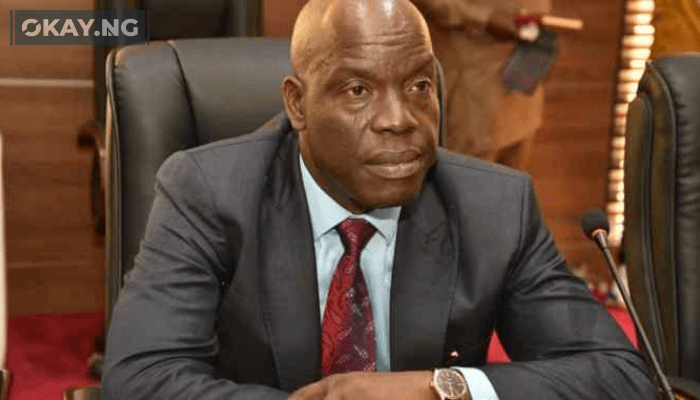Did you know that in a landmark declaration that positions Nigeria as a formidable force in the global energy landscape, the Nigerian Upstream Petroleum Regulatory Commission (NUPRC) has unveiled the nation’s official petroleum reserves. The figures, released by Commission Chief Executive Gbenga Komolafe, reveal a substantial 37.28 billion barrels of crude oil and condensate, alongside an impressive 210.54 trillion cubic feet (TCF) of natural gas, as of January 1, 2025.
“These figures represent not just a statistical update but a bold reaffirmation of the Commission’s Regulatory Action Plan for 2024,” stated Engr. Komolafe, highlighting the strategic importance of this revelation. The breakdown indicates that Nigeria’s proven (2P) crude oil reserves stand at 31.44 billion barrels, with an additional 5.84 billion barrels of condensate. In the gas sector, associated gas reserves are pegged at 101.03 TCF, while non-associated gas reserves reach 109.51 TCF, culminating in the total 210.54 TCF.
This monumental discovery, aligned with the Petroleum Industry Act 2021, underscores NUPRC’s commitment to expanding Nigeria’s hydrocarbon base and ensuring long-term sustainability. “The Reserves Life Index stands at 64 years for oil and 93 years for gas,” Komolafe declared, signaling that Nigeria is poised to maintain its prominence in the global energy market for generations to come.
Read Also: Foreign Reserves Surge to Three-Year High, CBN Reports
The 2024 Regulatory Action Plan emphasizes boosting the efficiency of the upstream oil and gas sector, growing national reserves, and driving sustainable production for shared prosperity. “Given the above, and furtherance of Chapter 1, Part III, Section 7 (g), (i). (i). (k), (m). (a). (r), and other powers enabling me in this respect. I. Engr. Gbenga Olu Komolafe, Commission Chief Executive, hereby declare the Total Oil and Condensate reserves of 37.28 billion barrels and Total Gas reserves of 210.54 trillion cubic feet as the official National Petroleum Reserves Position as of January 1, 2025,” the statement concluded.
These figures are more than just numbers; they represent potential economic stability and growth for Nigeria. For many Nigerians, this news brings a sense of assurance, knowing that the nation’s energy future is secured. The implication for local communities and industries is profound, promising increased investment and job creation.
These figures are not merely statistics but a testament to Nigeria’s vast potential. The NUPRC’s dedication to transparency and strategic planning is crucial for maximizing the benefits of these resources. This announcement is a pivotal moment, setting the stage for Nigeria to solidify its position as a key player in the global energy arena.













